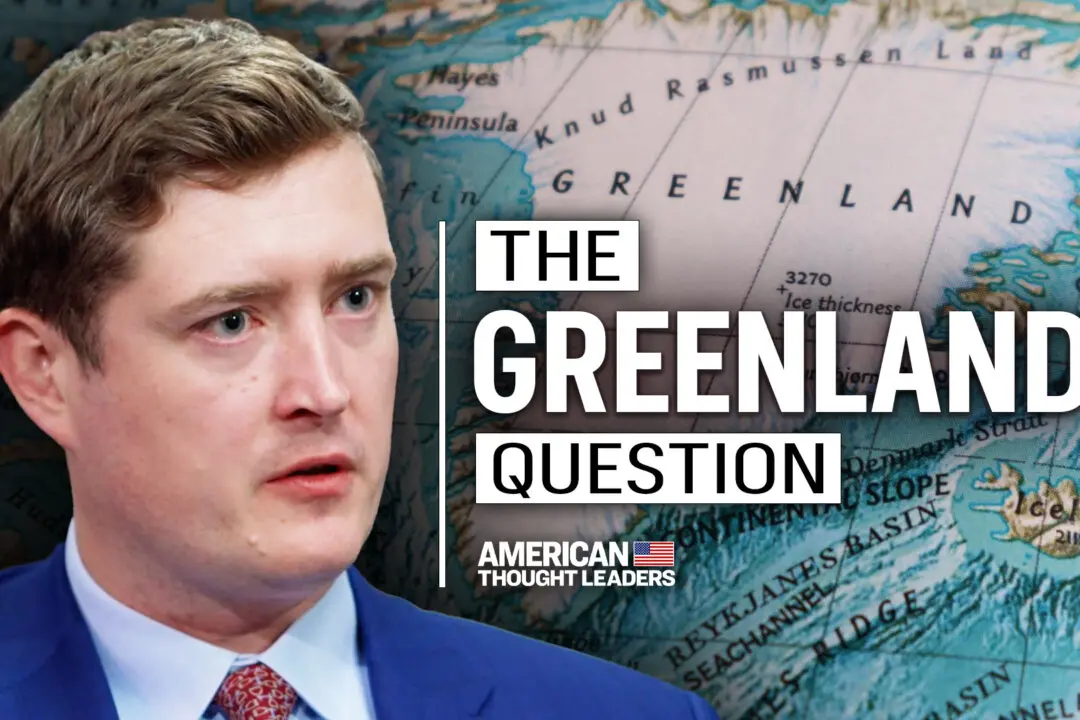After having spent almost two decades with the Trump organization, Jason Greenblatt was tapped by President Donald Trump to be the White House Special Envoy to the Middle East. He played a key role in the Peace to Prosperity Plan, which aimed to resolve the conflict between Israel and the Palestinians, and Israel and the surrounding Arabic nations.
The Middle East peace team included Trump’s son-in-law Jared Kushner, U.S. Ambassador to Israel David Friedman, and Greenblatt. Their shared Jewish faith bought a cohesiveness to the group and was something their Muslim counterparts in every country could understand and respect, Greenblatt said.






